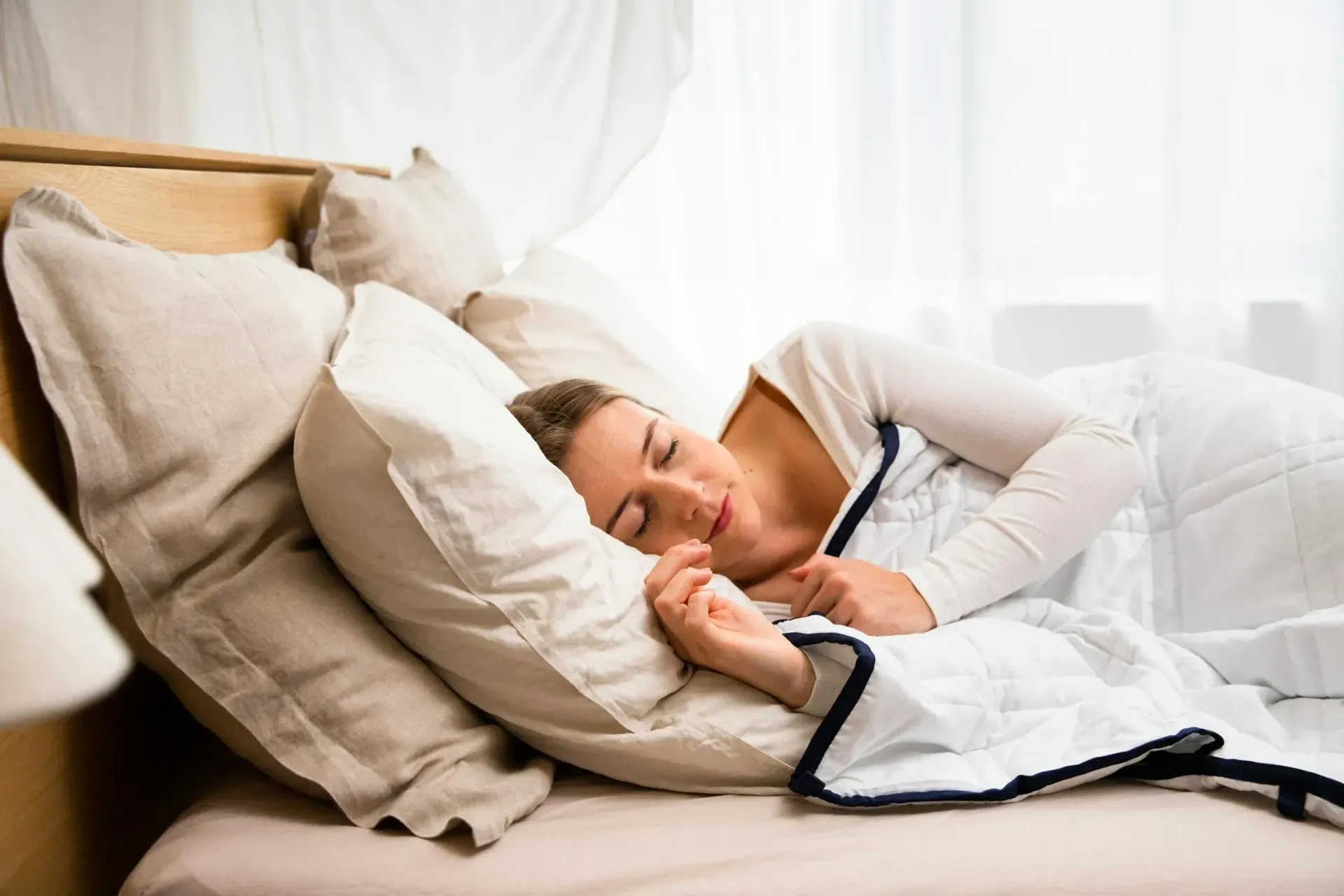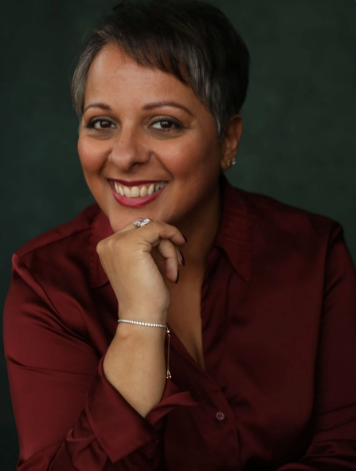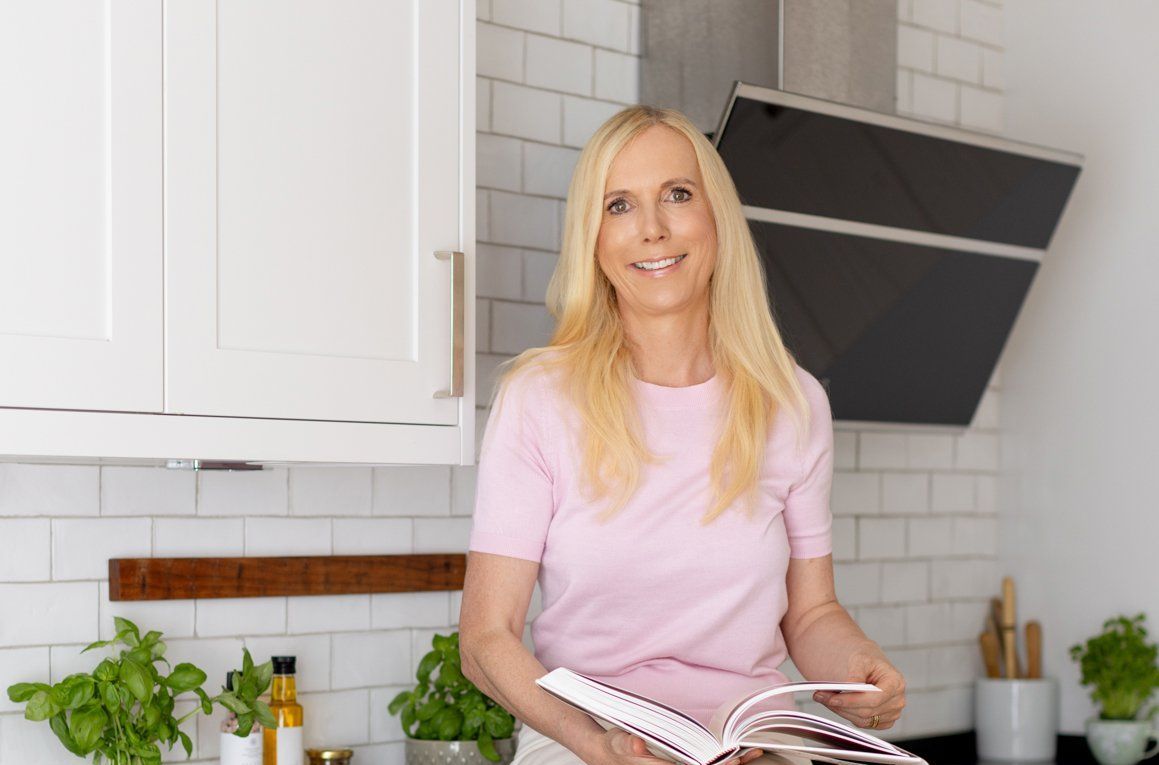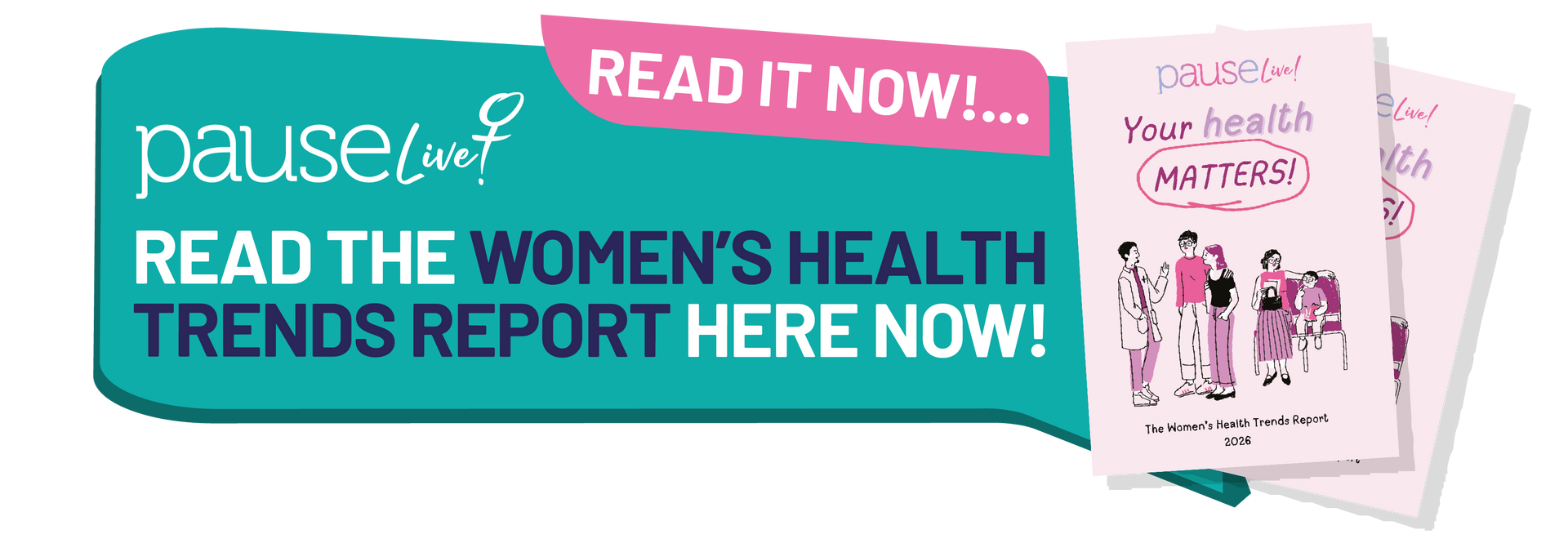Menopause & Sleep: Why It’s So Disruptive — And What You Can Do About It
If you’re going through menopause and struggling to sleep, you’re definitely not alone. One moment you’re drifting off, the next you’re wide awake — maybe drenched in sweat or overwhelmed with thoughts. It’s more than just frustrating; it’s exhausting. And the impact goes beyond tiredness — poor sleep during menopause can seriously affect your mood, focus, and even your long-term health.
So what’s causing this frustrating change, and more importantly, how can you get your sleep back on track?

Why Sleep Suffers During Menopause
Menopausal sleep issues are rarely down to a single cause. In fact, there are often several things going on at once:
- Hot flushes and night sweats (vasomotor symptoms) can jolt you awake and leave you struggling to get back to sleep.
- Hormonal changes — particularly falling levels of oestrogen and progesterone — interfere with both sleep quality and emotional balance.
- Age-related changes naturally make sleep lighter and more fragmented.
- Chronic insomnia can develop when disrupted sleep becomes a habit.
- Other sleep disorders, like sleep apnoea or restless legs syndrome, may appear or worsen at this time.
- Lifestyle factors such as stress, diet, caffeine and alcohol use can also impact sleep quality.
If sleep is becoming a nightly battle, it's worth speaking to your GP or menopause specialist. A full evaluation of your symptoms, sleep habits, and general health is a good place to start.
Dr Zoe’s Top Tips for Sleeping Better During Menopause
1. Tackle Menopause Symptoms First
Treating the root causes of menopause-related sleep issues can make a big difference.
- Hormone Replacement Therapy (HRT) often helps reduce night sweats and improve sleep. If you still have a uterus, oral micronised progesterone (alongside oestrogen) is a good option, and may even support sleep.
- Non-hormonal medications, such as certain antidepressants, may ease hot flushes and help with sleep (though they might disrupt it at first). Fezolinetant, a new non-hormonal treatment, is also showing promising results.
2. Deal With Night-Time Bathroom Trips
Frequent waking to pee — also known as nocturia — is a common sleep disruptor.
- Vaginal oestrogen can help if bladder or vaginal dryness symptoms are contributing.
- Adjust evening habits by limiting fluids before bed and cutting back on caffeine and alcohol.
3. Prioritise Good Sleep Hygiene
Sometimes, returning to sleep basics can make a big difference.
- Keep a consistent wake time (even on weekends).
- Go to bed only when you’re sleepy — not just because it’s “bedtime”.
- Make your bedroom sleep-friendly: cool (16–18°C), dark, and quiet.
- Reduce stimulants like caffeine and alcohol in the evening.
- Stay active during the day but avoid high-intensity workouts late at night.
- Power down screens well before bed — blue light and mental stimulation both interfere with quality rest.
Still Struggling? Help Is Available
If you’ve tried everything and still can’t sleep, you’re not out of options. Cognitive Behavioural Therapy for Insomnia (CBTi) is a proven, highly effective approach. In some cases, short-term medication or a referral to a sleep clinic may be appropriate.
Sleep isn’t just a luxury — it’s a vital part of your health, especially during the menopause transition. With the right tools and support, better sleep really is within reach.
About the Author
Dr Zoe Schaedel is an NHS GP with 15 years of experience, specialising in menopause care, sleep problems, sexual health, and contraception. She is a British Menopause Society (BMS) accredited Menopause Specialist and sits on the BMS Medical Advisory Council.
Dr Schaedel is committed to educating and training future menopause specialists. She serves as a BMS trainer and contributes to several national committees, including the NHS England Menopause Improvement Programme.
Sleep has become a specialist interest for Dr Schaedel, and she regularly delivers presentations and masterclasses across a range of healthcare settings.





